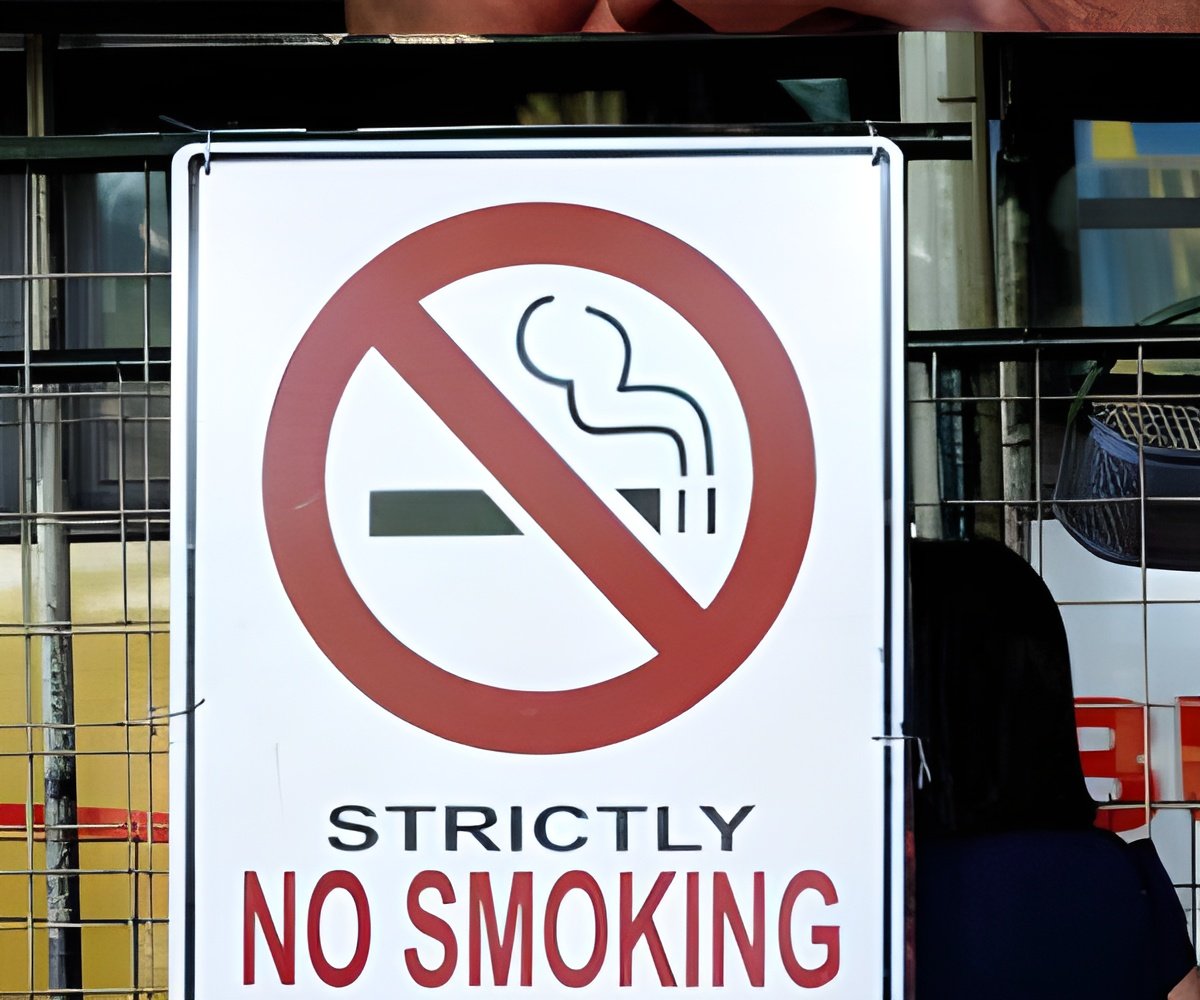Researchers have claimed that Just say no public health campaigns, which are aimed at stopping people from drinking or smoking, may in fact be having the opposite effect.

It means that ubiquitous "no smoking" or "don't drink and drive" signs which we notice in pubs and restaurants without paying full attention may in fact encourage rather than deter us.
Researchers from Oxford University and American colleagues found that smokers showed more interest in cigarettes after being shown a series of images which contained "no smoking" signs in the background.
The results suggest that campaigns against smoking and other unhealthy behaviour could ironically "trigger the very behaviours they are meant to discourage."
Businesses in England are obliged to place "no smoking" signs in smoke-free premises and vehicles as part of smoke-free legislation introduced in 2007.
Previous studies have shown that cues in the environment can "prime" the brain for particular behaviour, with one paper showing that students walked more slowly and performed worse in memory tests after hearing words related to the elderly.
Advertisement
They wrote: "For unconscious or automatic processing, "not good" is often taken as "good", and "not bad" as "bad". Negation of concepts does not occur automatically but requires cognitive effort."
The researchers tested their theory by asking a group of 32 volunteers, all of whom were smokers, to look at a series of photographs, some of which featured "no smoking" signs in the background.
Their motivation to smoke was then estimated by a test in which the participants were shown several images of objects including cigarettes, and told to "approach" or "avoid" them as quickly as possible by pushing or pulling a lever.
Their findings showed that volunteers who had seen photographs containing "no smoking" signs were quicker to approach smoking-related images than neutral ones.
In contrast, a control group who initially saw a neutral set of photographs without "no smoking" signs showed no preference for smoking-related images.
There was also no difference between participants who spotted the "no smoking" signs in the photographs and those who saw the same pictures but did not consciously notice the signs.
"This finding indicates that the ironic effect of incidental exposure to no-smoking signs can occur regardless of whether the smoker consciously notices the signs, and that conscious awareness may not be sufficient to override the automatic motivation to attain the negated item," the researchers wrote.
The findings are set to be published in the Journal of Applied Social Psychology.
Source-ANI









